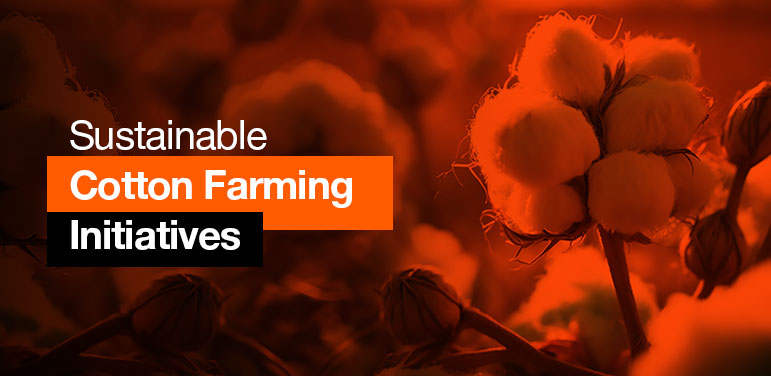Better Cotton is the world’s leading sustainability initiative for cotton. The Better Cotton Initiative (BCI) is a global non-profit organization that aims to make cotton production more sustainable by addressing environmental, social, and economic challenges associated with conventional cotton farming. It was founded in 2005 with the support of some visionary organizations such as Adidas, Gap Inc., H&M, ICCO Cooperation, IKEA, etc.
BCI promotes sustainable farming with efficient practices, minimizing water use and reducing harmful pesticides. It prioritizes fair labor, wages, and gender equality for cotton farmers. BCI also emphasizes health and safety across the cotton supply chain, aiming to transform the market by engaging with industry stakeholders and encouraging the adoption of Better Cotton for a more responsible supply chain.
BCI trains farmers in sustainable practices, focusing on efficient water use, reduced pesticides, and improved soil health. Collaborating with governments, NGOs, and businesses, BCI aims for a collective impact. It facilitates market access for farmers by connecting them with brands committed to Better Cotton, recognized by the BCI logo for meeting sustainability standards. BCI ensures compliance with these standards through monitoring and evaluation.
Today almost a quarter of the world’s cotton is produced under the Better Cotton Standard, in the 2021-22 cotton season, Better Cotton collaborated with nearly 60 partners to train over 2.8 million farmers in 22 countries. Out of these, over 2.2 million farmers obtained a license to sell their cotton as Better Cotton, producing 5.4 million tonnes – approximately 22% of global cotton production. This reflects a 15% increase compared to the 2020-21 season.
BCI is currently developing its Aims and Strategy, slated for completion by 2030. This strategy encompasses five new Impact Target areas: Climate Change Mitigation, Soil Health, Women’s Empowerment, Pesticides, and Sustainable Livelihoods. These Impact Targets aim to measure and report on specific metrics, ensuring tangible impact and measurable change at the field level by 2030. Aligned with the 2030 UN Sustainable Development Goals, these commitments build upon agreements established at COP26, working towards actionable climate change mitigation outcomes for cotton farming communities.
Major brands and retailers have embraced BCI, driving market demand for Better Cotton and encouraging widespread adoption of sustainable practices. BCI’s commitment to continuous improvement is evident through regular reviews and updates of its standards, ensuring it stays at the forefront of sustainable cotton initiatives.


Leave a Reply